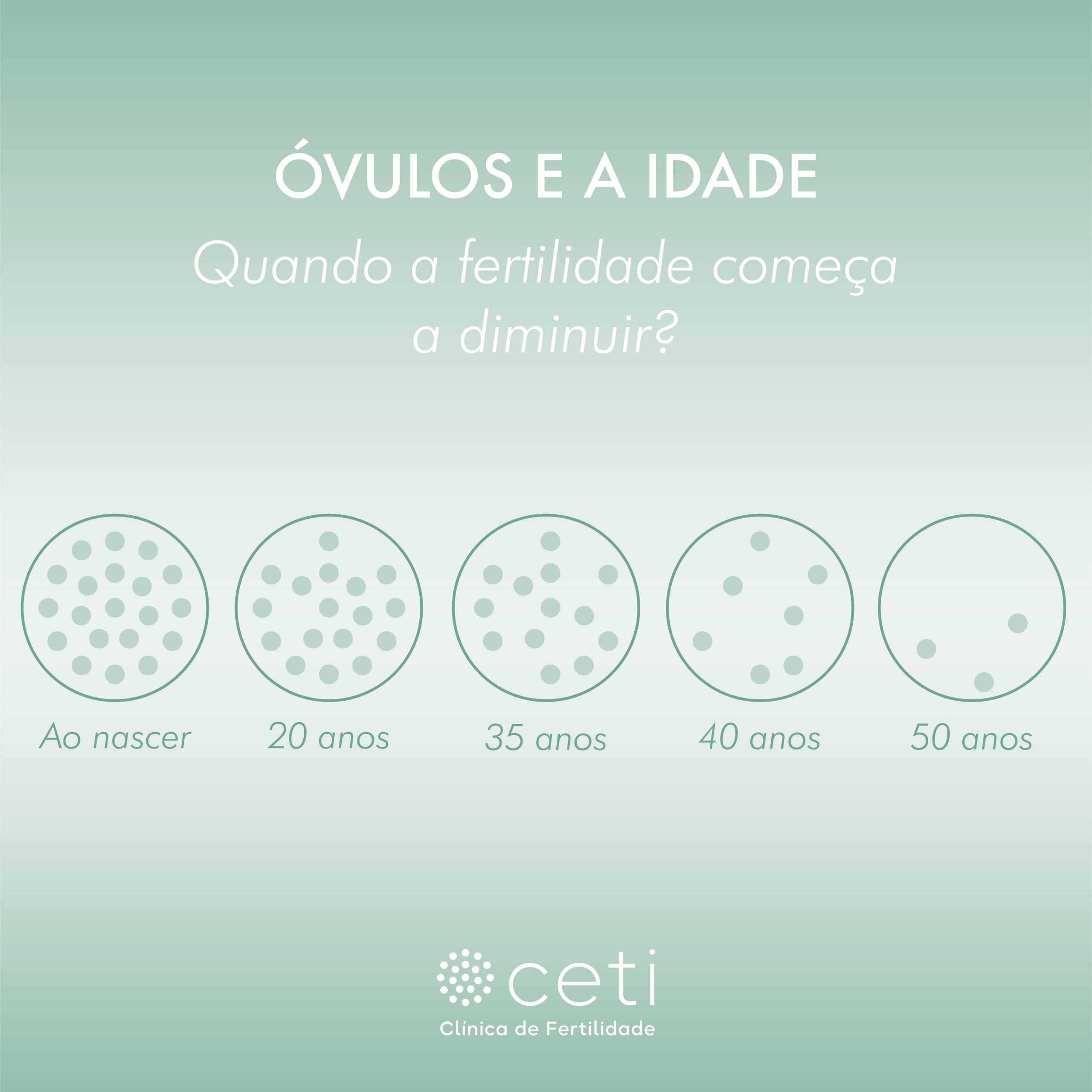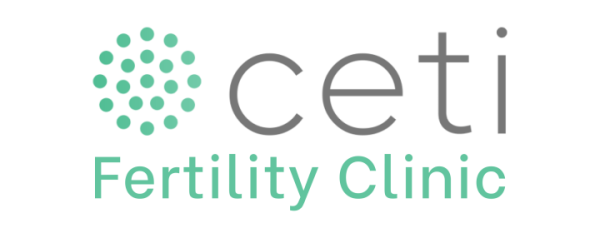
The decision to have children is a defining moment in the lives of many women. However, with social, cultural and economic changes, it is increasingly common for this decision to be postponed until a time when personal and professional stability is assured. Although science and medicine have advanced considerably, the relationship between age and female fertility remains an issue of paramount importance.
In this text, we will explore how a woman’s age affects fertility, the challenges faced by women who try to get pregnant later in life, and the solutions that modern medicine offers to make the dream of motherhood come true.
Understanding the Biological Clock
Female fertility is closely linked to the number and quality of eggs (oocytes) present in the ovaries. Women are born with around 2 million eggs, but this number progressively decreases throughout life. At puberty, there are approximately 400,000 eggs remaining, and only 300 to 400 will be ovulated during a woman’s reproductive life. In addition to the quantity, the quality of eggs also deteriorates over time. This is because, as a woman ages, the eggs become more susceptible to genetic changes, which negatively impacts the possibility of conception and increases the risk of complications, such as spontaneous abortion or chromosomal abnormalities.
- Phase of greatest fertility: Between the ages of 20 and 30, women have a greater chance of getting pregnant.
- Significant reduction after age 35: From age 35 onwards, ovarian reserve and egg quality decline rapidly.
- Severe impact after age 40: Although not impossible, pregnancy after age 40 is more challenging due to the low number of viable eggs and the higher incidence of complications.
Data on Infertility and Age
All studies indicate that age is one of the most determining factors for female fertility. According to the American Society for Reproductive Medicine (ASRM):
- At age 30, a healthy woman has about a 20% chance of getting pregnant per menstrual cycle.
- By age 40, this probability drops to less than 5% per cycle.
- The miscarriage rate increases from about 10% for women under age 35 to approximately 34% at age 40.
These numbers should not discourage us, but rather raise awareness about the importance of planning motherhood with solid information and the support of experts.
Postponing Motherhood: Reasons and Challenges
Delaying motherhood is a personal and often strategic choice. Reasons for this include:
1. Career: Many women prioritize professional growth before starting a family.
2. Financial instability: Waiting for more favorable financial conditions is also a common factor.
3. Late partnerships: Some women find their ideal partners later in life.
4. Lack of information: Not all women have access to information about the impact of age on fertility.
While these reasons are understandable, it is essential that women planning to become pregnant after age 35 are aware of the challenges and options available to them.
Modern Options for Overcoming the Challenges of Aging
Reproductive medicine offers advanced solutions for women who want to become mothers at an advanced age:
1. Preservation of fertility:
Egg cryopreservation is one of the promising techniques for women who wish to postpone motherhood. By freezing eggs at a younger age, it is possible to preserve oocyte quality and increase the chances of success in future treatments.
2. In vitro fertilization (IVF):
IVF is an effective option for women who have difficulty conceiving. In some cases, donated eggs from young women can greatly increase the chances of success.
3. Personalized medical monitoring:
Exams such as ovarian reserve assessment and monitoring by a specialist help to outline individualized strategies for each patient.
4. Advanced genetic technologies:
Preimplantation genetic testing (PGT) can be performed during IVF to select healthy embryos and increase the likelihood of success of the technique.
The Role of Supportive Empathy
Facing difficulties in getting pregnant can be an emotionally challenging experience. That’s why psychological and emotional support is just as important as medical treatment. Many clinics, including ours, offer specialized psychological support for couples, helping them deal with the expectations and challenges of this journey.
If you are thinking about getting pregnant, even if not at the moment, talk to a specialist. Reliable information is the first step towards making informed decisions about your reproductive health.
Concrete Action: Plan for the Future Today
At our clinic, we offer cutting-edge technology and personalized care to support women at every stage of family planning. If you have questions or want to explore options such as egg freezing or fertility treatments, schedule a consultation with us.
